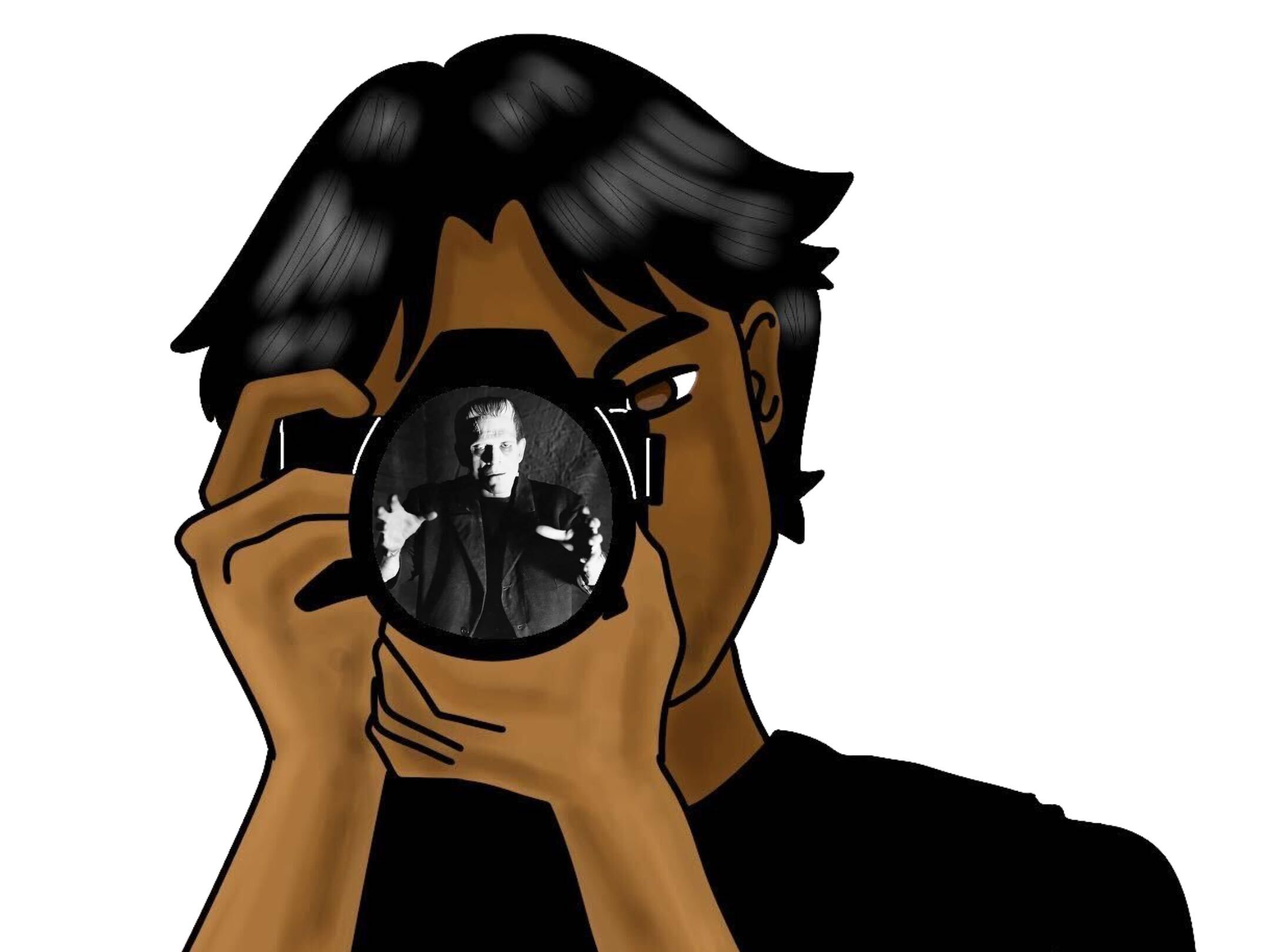In his column “How About Now,” Mason Barrett ’28 reviews classic films through a modern lens.
This review contains spoilers.
As Halloween rapidly approaches, I find my interest in the spooky and supernatural once again piqued. My recent viewing of English film director James Whale’s 1931 film “Frankenstein” undoubtedly filled this desire. This film is not only a classic monster movie but also, likely, the most well-known adaptation of Mary Shelley’s novel.
The film follows Dr. Frankenstein (Colin Clive), who is set to marry Elizabeth (Mae Clarke) once he finishes a mysterious experiment. With the help of his assistant, Frankenstein brings to life a creature constructed from the stolen parts of various corpses. Frankenstein decides to destroy The Monster (Boris Karloff) after witnessing the creature’s violent tendencies. He leaves another scientist to do so while he goes home to marry Elizabeth. The Monster escapes, kills the scientist, drowns a little girl and attacks Elizabeth. This prompts Frankenstein to lead an army of villagers to venture out into the night to slay The Monster. Frankenstein is nearly killed by his own creation but The Monster is ultimately defeated.
I came to this film as someone who has never read the book, and so I fear that I’m about to enrage a hardcore fan of the novel who’ll claim that I “didn’t understand Mary Shelley’s masterpiece.” Before you light the torches and grab the pitchforks, please let me defend myself by saying that, by discussing the film with others, I’ve gathered that the movie leaves out a lot of the humanization of The Monster.
I hesitate to criticize this departure from the source material because I am not familiar with the latter. However, the film’s weakest point was the minimal development of The Monster. This is not to say that the writers don’t try eliciting empathy for the creature, such as when he’s brutally whipped or when he plays with the little girl. However, it feels as if a piece of the film were missing — an additional 20 minutes tacked onto this 70-minute film where viewers begin seeing The Monster in a new, more human light. Sadly, this great emotional shift never comes.
Even if the shortcuts in storytelling undermine the character of The Monster, Boris Karloff makes up for it with his tremendous acting. Any sympathy I had for The Monster was due to Karloff’s perfect balance of humanity and brutality. The way he creepily enters rooms and stares at the camera is haunting. Karloff shows off his emotional range when The Monster escapes and meets the little girl. He begins playing with her and his initial joy in finding a friend is heartwarming, although he ends up drowning her due to a misunderstanding. The Monster’s (apparent) death is tragic because of the humanity and helplessness in his fear. To me, this is the scene where The Monster becomes his most human and deserving of sympathy and Karloff’s performance makes this one of the best in the film.
Karloff’s incredible performance in such a difficult role occasionally overshadows the nevertheless impressive performance of Colin Clive. Clive expertly portrays Frankenstein’s fear, respect, empathy and hatred for The Monster, making any scene where they are together extremely compelling.
The only aspects of this film more impressive than the acting were the production design and special effects. Dr. Frankenstein’s laboratory is ominous and immense with its crackling lightning and rising table. The windmill where the showdown between Dr. Frankenstein and The Monster takes place is a terrifying and epic finale thanks to the bursts of fire and a wide shot of the burning mill. The makeup and special effects used to create The Monster are also noteworthy — their combined efforts allowed Karloff to come across as both terrifying and human.
I recently watched this film for a class where we discussed many of the same ideas I’ve presented in this review, including the idea that this film worked as a spectacle despite failing as a loyal adaptation of the novel and many of its nuances. By spectacle I mean that it was an experience — terrifying and thrilling to watch. This was the priority of the movie, so deeper themes were merely approached rather than explored. “Frankenstein” is a wonderful and chilling experience with incredible visuals and acting, but in the end, it’s best viewed as a fun monster movie.
Editor’s Note: This article is a review and includes subjective thoughts, opinions and critiques.
